One of the most fascinating aspects of the UCAT is that there is such a mixed bag of questions. Some are relatively straightforward, while some can be challenging in the extreme.
This is, in many ways, the point of the UCAT — it is designed to assess the way you solve problems, make inferences, interpret texts and much more.
Therefore, thorough UCAT preparation and familiarity with the discrete demands of the different parts will mean you are as well-equipped as possible to tackle the hardest UCAT section.
So which questions are the hardest?
Our extensive experience in supporting candidates to prepare for the UCAT and past student results has led us to the conclusion that it is Verbal Reasoning that is consistently the hardest UCAT section.
Verbal Reasoning
The Verbal Reasoning part is generally considered to be the hardest UCAT section because of the time pressure, the number of questions, and the sheer variety of the responses required.
This section contains a wide range of questions and requires candidates to make inferences, draw conclusions, evaluate situations and more. The tasks can be in the form of direct questions, incomplete statements, true/false questions, for instance, and are designed to test your capacity to infer information and make decisions in various different ways.
Time: 21 minutes
Questions: 44
Time per question: 28 seconds
So how should I tackle it?
Given what is required of candidates in the hardest UCAT section, how do you prepare so that you are able to perform at your best?
Gather scattered information
As above, you have limited time in which to answer each Verbal Reasoning question, and as each can be between 200 and 400 words long, you have to develop a robust technique and approach for tackling this.
Scanning the text for key words in order to identify the central concepts of each question is very helpful, but as there can be several issues being addressed in each question, don’t just jump on the first key idea you come across.
In most questions, you will be required to synthesise information from across the entire passage — don’t assume that the first concept you find is the only one you need to address in your response.
Spot the contradictions
Following on from this, it can be the case that there is contradictory information contained within a question. This means that if you don’t read a question right to the end, you might miss information further on in the passage that could lead you to reach a different conclusion.
Therefore, even once you have identified what you think is the key word(s) in a passage, continue to scan to ensure you are not being misled by a cunningly crafted question.
Assume Causation
Taking this idea further, some questions are written to include two diametrically opposed concepts, instilling in the reader the potentially false assumption that they are linked. In this scenario, it can be tempting to see causation that is not in fact present.
To avoid mistaking correlation for causation, look out for phrases such as “due to”, “resulting from” and “consequently”, as they will often be used in the hardest UCAT section questions as an indication of causation.
Using Prior Knowledge
Although prior knowledge is always a positive thing, it can sometimes work against you, particularly in true/false questions.
During your UCAT preparation, you will find that your answers need to be based entirely on the information with which you are presented, as opposed to your prior knowledge of the topic. What you think is established truth about a subject or issue might not be supported by the information you are being provided with, so you need to make sure that you are only responding to what is included in the text.
Synonyms
When you are searching for key words, it is important to bear in mind that the question writers will often employ a very wide range of synonyms.
You need to be aware of this so that you don’t overlook helpful synonyms that are connected to and illustrate the key points. Therefore, even when scanning, remember that different words can mean the same thing and that identifying them can be key to doing well in the hardest UCAT section.
Numerical Inferences
Numbers often appear in question stems in the Verbal Reasoning section, potentially in the form of dates, ages, statistics, etc. Where numbers are included, this can be a useful signpost as to where the relevant information in a passage is to be found.
Therefore, being able to make numerical inferences is a key ability that you should be looking to develop throughout your UCAT preparation.
How ACE HSC Helps you Practise
As we have seen, Verbal Reasoning questions can be the hardest UCAT section because there is such variety in how the questions are put together, and the wide range of capacities and abilities that are being tested.
However, working with ACE HSC on UCAT preparation tests means that you get multiple opportunities to practise and to develop your skills.
Not only do you receive support from our experienced UCAT tutors and our own bank of UCAT preparation questions, and sit fortnightly trial Exams, you also get a Full Season pass to the Medify UCAT question banks, which provide a huge range of opportunities to become familiar with every part of the test, including Verbal Reasoning, the hardest UCAT section.
Call ACE HSC on (02) 9874 7045, email us or make an enquiry if you want to find out how we can help you prepare for the UCAT!


